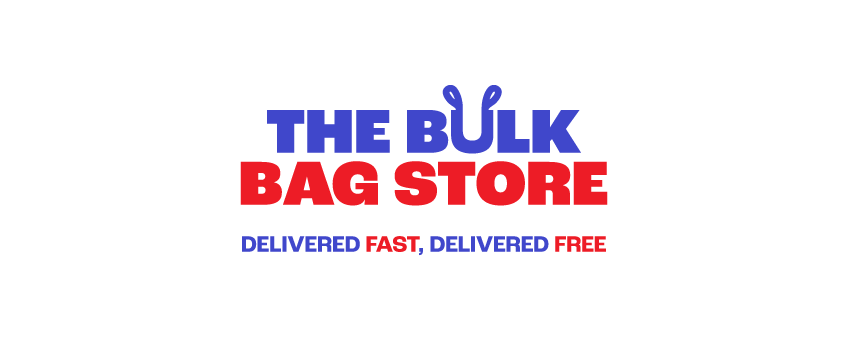If your business relies on the moving and storing of large volumes of dry products, one of your best options is to use bulk bags, a type of industrial packaging also known as Flexible Intermediate Bulk Containers (FIBCs). FIBCs have a range of benefits, including the ability to transport a wide range of products, from agricultural to pharmaceutical. Because they can be used multiple times, they are efficient and affordable, much more so than other options available, such as boxes, drums or sacks.
Why would you need a breathable bulk bag?
There are numerous reasons why you might need a breathable bulk bag, but the main one is to protect your product – especially because not doing so could significantly impact your business. One of the main benefits is that because air circulates around the bag and through your product, there will be less moisture and less likelihood of the contents been affected by damp or mould. An example of where breathable bulk bags would be useful is in the storing of firewood: the bags are not only ideal for helping transport the bulky item, but also for helping it dry, so that its ready to use when it reaches the customer.
Are all bulk bags breathable?
Because of the way FIBCs are made, all are breathable to a degree. They are created by weaving together polypropylene threads, forming strong yet flexible bonds – the very thing that make the bulk bags so useful. Because the threads are woven together, there are gaps in the surface, which means no bag is not completely airtight or watertight.
When it comes to bulk bags, there are a wide variety available, and the one you choose will depend on your business needs and the products you are looking to transport. In most cases, however, one of the things you will be looking for in your bulk bags will be some level of breathability.
What impacts how breathable a bulk bag is?
The closeness of the weave dictates how breathable a bulk bag is. Other factors come into play too, such as whether bags are coated or vented.
Coated FIBCs are covered in laminate during the manufacturing process and prior to the bulk bag being constructed. Once it’s been put together, an additional layer of laminate is used to close up any remaining small gaps. While this may make you think that the bags are 100% watertight and airtight, this isn’t the case. Some air will still get in, though not much, so if your product needs air to be circulating, these won’t be the bags for you and you will need to look for uncoated bags instead.
Vented bags are a much better option if you need your industrial packaging to breath. During the manufacturing process, vents are added to the sides of the bag, running vertically. As there are multiple vents running vertically down each side of the bag, there will be plenty of air circulating – perfect if your products need to breath.
If you aren’t sure about how breathable the bags you need should be, speak to your supplier, who will be able to guide you through the process of buying bags that will help you successfully store and transport your products.
